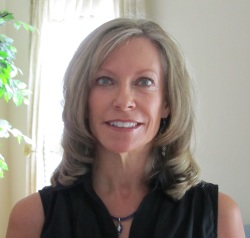
Ph.D. CandidateDepartment of HistoryTemple University
Gifted Women and Skilled Practitioners: Gender and Healing Authority in the Mid-Atlantic Region, 1740-1830
Abstract. My dissertation uncovers women healers’ hidden practices and their vital role in the eighteenth and early nineteenth-century mid-Atlantic American healthcare marketplace. Although their contribution to the healthcare labor force is relatively invisible, laywomen healers provided free or affordable healthcare for family, neighbors, and impoverished people in their communities. Nevertheless, apart from a few monographs like Laurel Thatcher Ulrich’s A Midwife’s Tale (1991), women healers’ authority, practices, social status, and therapeutic roles remain understudied. I challenge the current historiography that marginalizes female practitioners and narrates their declining medical authority due to the rise of enlightened science, male-authored medical texts, man-midwifery, and clinical-anatomical education in the increasingly numerous medical schools. Instead, I argue that women found new sources of healing authority in female education, manuscript authorship, the culture of sensibility, martial masculinity, access to print media, and the antiauthoritarianism of republicanism and dissenting religious sects. I examine their expanding as well as constricting spheres of expertise, which varied across class and racial lines and reflected socio-cultural transformations. I analyze how a flourishing transatlantic self-help medical print culture and a consumer-driven healthcare marketplace empowered women healers. Understanding the flexibility of early America’s medical marketplace and the contingencies inherent in the development of its later top-down healthcare system provides important antecedents to the current healthcare crisis. To investigate these topics, I analyze women healers’ recipe books, papers, and material objects alongside newspapers, almanacs, alchemical tracts, published herbals, dispensatories, city directories, and male healers’ papers to recover the ways that female practitioners constructed healing authority, provided health care, and circulated medical knowledge in their communities and across transatlantic spaces. I read across the grain of these sources to understand the practices and authority of non-literate white, African American, and American Indian women healers. I scrutinize women’s recipe books both as texts and as material culture objects that were shared and passed down among female and male kin, reinforcing women’s healing expertise. Read Susan's report on her PACHS-sponsored research here.